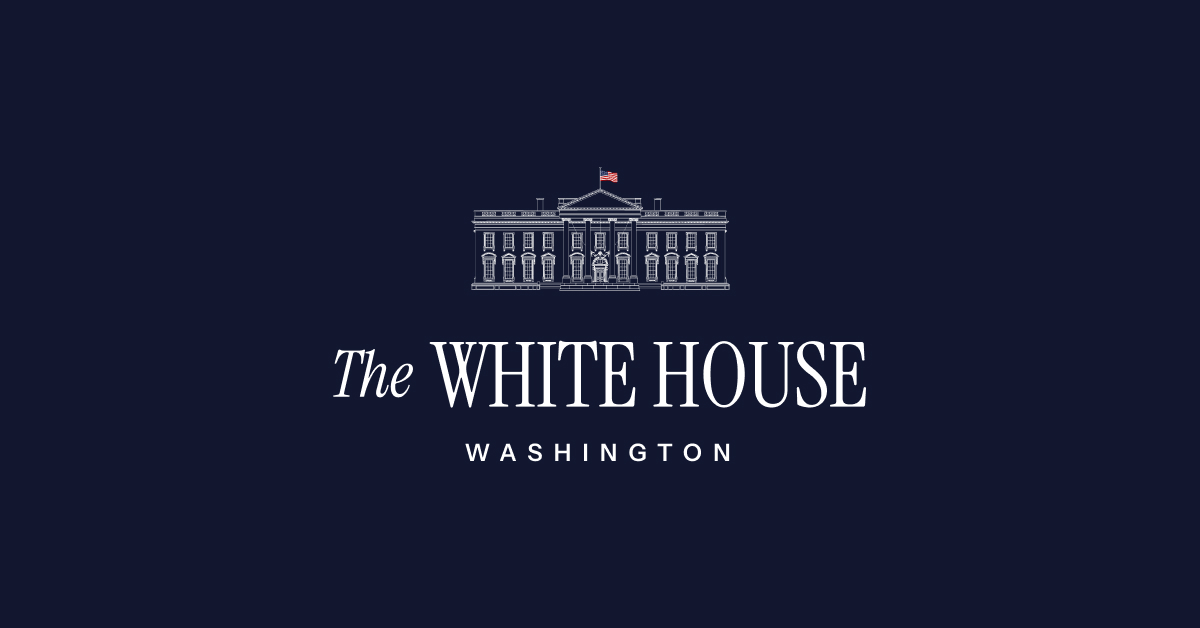3 Huge Screening Interview Mistakes You're Probably Making

3 Huge Screening Interview Mistakes You’re Probably Making
gettyDon’t blow the screening! Before you can move forward in the hiring process, you absolutely must clear the screening interview. So, by all means, avoid these mistakes.
The screening interview is the first in a series of (two to four) job interviews that applicants go through during the hiring process. It is a brief, introductory meeting or conversation that usually lasts up to 30 minutes.
During this type of interview, the recruiter or hiring manager, will likely discuss the company and role in more detail and give you the opportunity to ask questions.
Another way to think of it is as the appetizer. If things go well, arrangements may be made to move forward to the main meal (the main job interview). And, if things don’t go well at this stage, your candidacy for this job may effectively end.
Here are three (3) huge mistakes you’re probably making with screening interviews.
Though it requires less time and less investment, the screening interview is every bit as important as the subsequent ones in the hiring process.
Too many undervalue the purpose of this interview because it tends to be branded as light and informal. But make no bones about it—it is not.
During the screening interview, the interviewer will be observing you, assessing you and making judgments about you around things such as likeability, communication style, engagement, confidence, interest in the role, connection, etc.
Your words, sentences, body language, gestures and comfort level will be collated and used by the interviewer to determine suitability for advancing to the next stage in the hiring process.
Give this interview the attention and respect it merits. Take it seriously. Dress professionally, make a great first impression, and tailor your energy, dialogue, responses and questions to align with the purpose of the interview.
The interviewer’s primary goal and purpose during the screening interview—no matter what’s asked or not asked or what’s said or not said—is to conduct a preliminary assessment for interest, alignment and fit. Forget this at your own peril.
The screening interview is just that—a screening. You won’t have the time to dive very deeply into matters during this interview. You won’t be able to make the same compelling case and do the same storytelling that you would during the regular (more extensive) interview.
And, you shouldn’t want to because that doesn’t fit with the interviewer’s goal and purpose for the conversation. Employers—when doing it right—use screening interviews to conduct a preliminary assessment of candidate interest, qualification and salary alignment, and culture and team fit.
Prepare for this interview by taking the interviewer’s perspective. The interviewer will want to learn:
Sidebar: Many highly qualified applicants never get called because employers have more than they need. Getting a call for an interview (even the screening interview) is an accomplishment even when you don’t get the job offer.
You got the call for the screening interview, and now you can’t wait to let them know how qualified you are for the job. If you do this—spend your interview time touting qualifications—you will fail.
Once you get a call for an interview, you’ve already passed the “qualified” test. Now, in the rawest possible framing, the screening interview is the likeability test.
The interviewer’s goal (again) is to use the screening interview to assess interest, alignment and fit so as to determine which candidates are best to move forward for the deeper—more integrated—interviews.
Yes, by all means, weave your experience, education and training in, but do it in such a way that you elevate the likeability factor. Why? Because they already knew your qualifications before they called you. They don’t yet know how likeable you are.
Your number one goal with a screening interview is to get the green light for the next interview. Make it a priority to be likeable because interviewers aren’t likely to move someone forward whom they don’t like no matter how credentialed and experienced they are.
Likeable people are likable because they:
Likability matters, and it matters way more than many people realize. When you elevate your likeability factor, others want to advocate for you. They want to cheer you. They want to be around you because they trust that you will have their back.
As a result, they want to have your back as well.
No doubt, the entire hiring process can feel daunting. From the cover letter, to the resume or CV, to the job applications, to the no-calls and then the rounds of interviews after you finally get called, it’s a lot—and it can feel heavy.
To help you focus your thinking, here is a list of questions that I’ve used and many recruiters and hiring managers use during screening interviews. These questions are great for evaluating or assessing key areas of interest, alignment and fit.
After the screening interview, you should expect to hear back from the employer on the status of your candidacy for moving forward to second interview. It’s appropriate for you to ask the following questions during (or at the conclusion of) the interview so that you can leave with an understanding of next steps.
If the interviewer doesn’t mention these three (3) things during the interview, I recommend you ask:
- What are the next steps in the hiring process?
Nail The Interview: Answer ‘Why Should We Hire You’ Like A Pro
7 Skills You Must Build To Propel Your Career Forward In 2025
This Is The Phrase That Instantly Damages Your Leadership Integrity
You may also like...
Diddy's Legal Troubles & Racketeering Trial

Music mogul Sean 'Diddy' Combs was acquitted of sex trafficking and racketeering charges but convicted on transportation...
Thomas Partey Faces Rape & Sexual Assault Charges

Former Arsenal midfielder Thomas Partey has been formally charged with multiple counts of rape and sexual assault by UK ...
Nigeria Universities Changes Admission Policies

JAMB has clarified its admission policies, rectifying a student's status, reiterating the necessity of its Central Admis...
Ghana's Economic Reforms & Gold Sector Initiatives

Ghana is undertaking a comprehensive economic overhaul with President John Dramani Mahama's 24-Hour Economy and Accelera...
WAFCON 2024 African Women's Football Tournament

The 2024 Women's Africa Cup of Nations opened with thrilling matches, seeing Nigeria's Super Falcons secure a dominant 3...
Emergence & Dynamics of Nigeria's ADC Coalition

A new opposition coalition, led by the African Democratic Congress (ADC), is emerging to challenge President Bola Ahmed ...
Demise of Olubadan of Ibadanland
Oba Owolabi Olakulehin, the 43rd Olubadan of Ibadanland, has died at 90, concluding a life of distinguished service in t...
Death of Nigerian Goalkeeping Legend Peter Rufai

Nigerian football mourns the death of legendary Super Eagles goalkeeper Peter Rufai, who passed away at 61. Known as 'Do...




